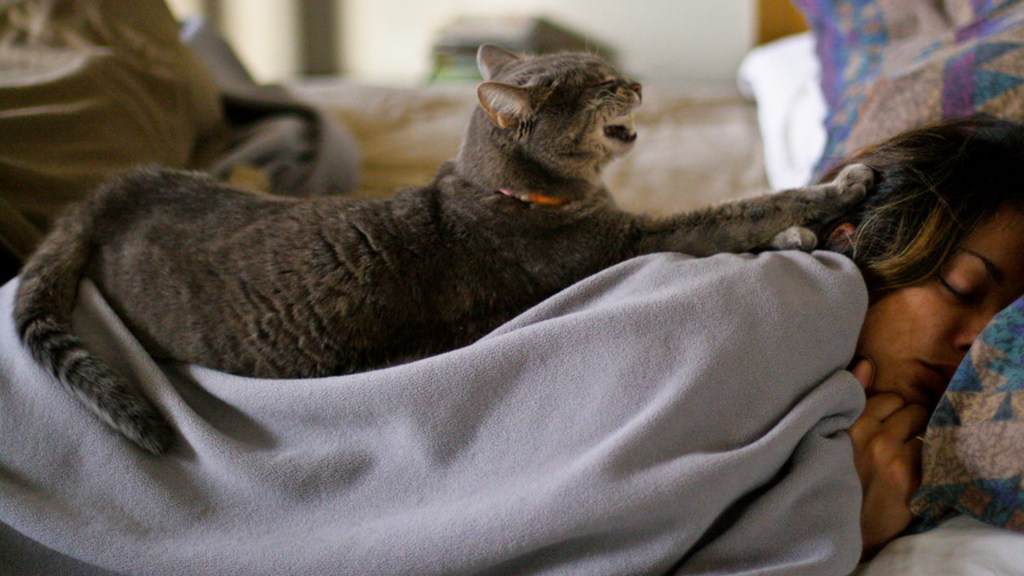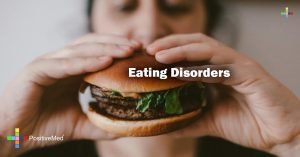
Are you one of those individuals who find themselves constantly battling extreme daytime tiredness and grappling with prolonged hours of sleep? If so, you might be experiencing more than just ordinary fatigue; you could be among the growing number affected by a rare sleep disorder known as idiopathic hypersomnia (IH).
The Mystery Behind Idiopathic Hypersomnia
The term “idiopathic” itself underscores the mystery surrounding this neurological disorder, as it signifies that its origin remains unknown. IH is not your run-of-the-mill sleep issue. Similar to its counterparts like narcolepsy, IH brings about an overwhelming sleepiness that can significantly impact your daily functioning. Yet, diagnosing this enigmatic disorder remains a considerable challenge, requiring individuals to exhibit pronounced symptoms over a three-month period.
Surprising Prevalence: 1.5% of the Population
Recent research from the American Academy of Neurology, published in the journal Neurology, has shed new light on the prevalence of IH. Contrary to previous estimates, it appears that IH might be more widespread than initially believed, affecting up to 1.5% of the population.
Dr. Clete Kushida, Division Chief and Medical Director of Stanford Sleep Medicine at Stanford University, finds the study intriguing, stating, “The prevalence of idiopathic hypersomnia has been lower in some other studies. So at 1.5%, it’s definitely significant in terms of how common this disorder might be.”
Unraveling the Numbers: Insights from the Wisconsin Sleep Cohort
To arrive at this conclusion, researchers delved into data from the Wisconsin Sleep Cohort, an ongoing study spanning over two decades. Analyzing information from nearly 800 participants, they identified 12 individuals likely afflicted by IH, yielding the surprising 1.5% prevalence rate.
While some experts express agreement with the findings, skepticism exists. Dr. Mark Wu, a Professor of Neurology and Sleep Medicine at Johns Hopkins University, suggests caution, noting, “1% is really high,” and emphasizes the need for careful examination of contributing factors.
Decoding Idiopathic Hypersomnia: Criteria and Methods
Identifying potential IH cases involved criteria such as sleepiness, sleep duration, and time taken to fall asleep. Various methods, including in-laboratory sleep studies and questionnaires, were employed. The study found that those with IH scored higher on the Epworth Sleepiness Scale, indicating a propensity for abnormal sleep patterns.
IH vs. Narcolepsy: Understanding the Differences
One striking aspect of IH is its differentiation from narcolepsy. While narcolepsy is attributed to a deficiency in the brain chemical hypocretin, IH’s cause remains elusive, possibly arising from diverse factors. Surprisingly, getting more sleep does not alleviate IH symptoms. Those with IH tend to sleep more than the recommended eight hours but wake up feeling fatigued and mentally foggy.
When to Consult a Professional
Dr. Wu advises those experiencing persistent sleepiness to seek medical attention, especially if it hinders daily activities. He suggests consulting a sleep medicine physician if the issue persists, reinforcing the idea that healthy sleep contributes to an improved quality of life.
In conclusion, idiopathic hypersomnia, once deemed rare, may be more prevalent than we thought. With up to 1.5% of the population potentially affected, understanding this mysterious sleep disorder is crucial for both individuals and healthcare providers. If you find yourself grappling with excessive sleep and persistent daytime fatigue, it might be time to consider the possibility of idiopathic hypersomnia and seek professional guidance for a healthier sleep life.





